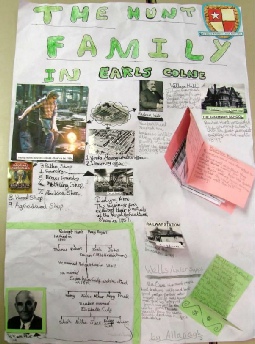
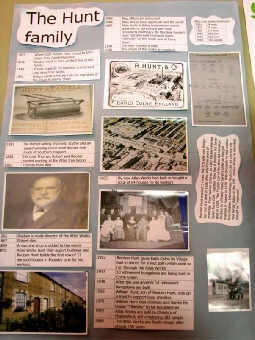
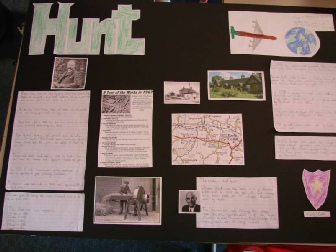
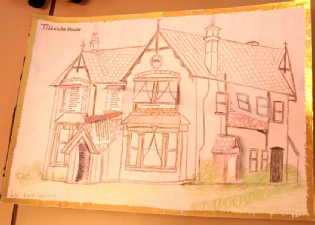
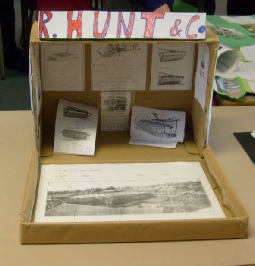
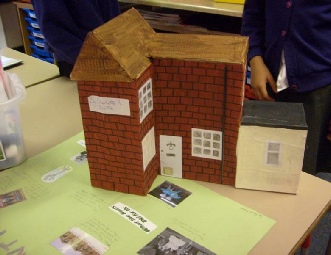
Hunt – Green House
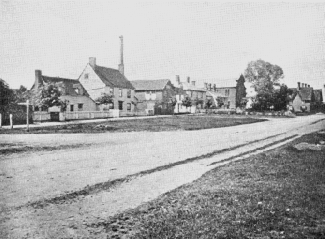
In 1824 Robert Hunt, who described himself as a ‘travelling millwright’, decided to settle in Earls Colne when he married the daughter of a local builder. He set up a workshop near to his father-in-law’s house on the green and began to make and repair farm machinery. His sons Thomas, Robert and Reuben inherited the business.
After the untimely death of his brothers, Reuben Hunt found himself in sole charge of the family enterprise at the age of only thirty-one.
He bagan to expand production, building new workshops in Foundry Lane on land behind his father’s original premises.

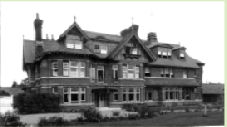
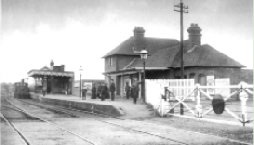
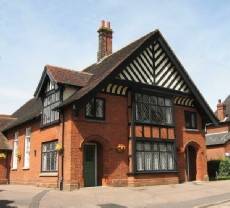
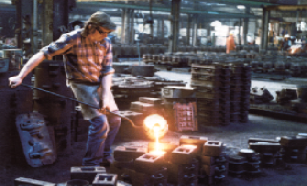
At that time, the works was still making machine parts by traditional methods, heating iron in cork-fired furnaces and pouring the molten metal into sand filled molds.
Hunts still produced the same type of grinding and crushing mills which had been their stock-in-trade since the early days but overseas ordered as firms in developing countries started making their own versions.
the Atlas works closed in 1988.
The Hunts familiy’s contribution to the village continued.
When Reuben Hunt’s last surviving son, William died in 1978, he left a large sum of money in trust to be used for the benefit of the village.
Among the projects which have received generous grants from the Trust, have been the Recreation Club.
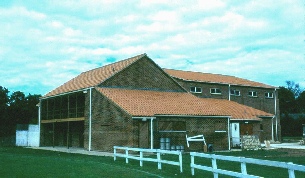
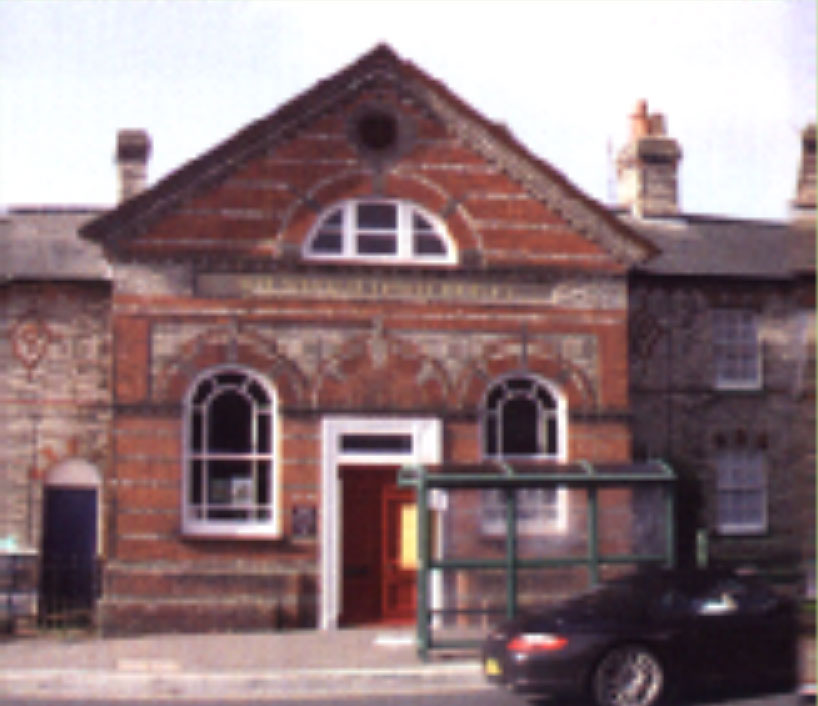
and the refurbishment of the former institute in the High Street as the ‘William Hunt Library’.
